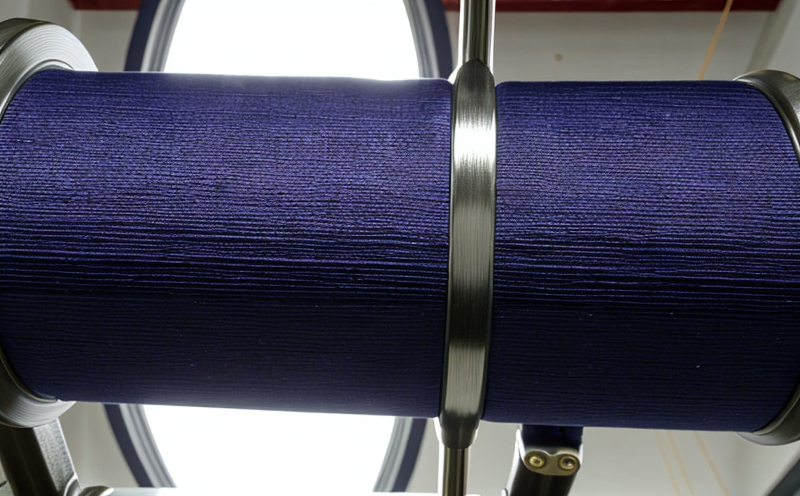Influence of fabric finish on tensile strength
The Crucial Impact of Fabric Finish on Tensile Strength Unlocking the Secrets to Reliable Textiles
In todays fast-paced textile industry, manufacturers constantly strive for excellence in producing high-quality fabrics that meet demanding performance standards. Among various factors influencing fabric properties, the finish plays a pivotal role in determining its tensile strength a critical parameter that affects the overall durability and reliability of textiles. At Eurolab, our laboratory services are designed to help businesses navigate this complex landscape, providing valuable insights into the influence of fabric finishes on tensile strength.
The Importance of Tensile Strength
Tensile strength is the maximum stress a fabric can withstand without breaking or deforming significantly. It is an essential parameter in various industries, including textiles, apparel, and technical fabrics. The significance of tensile strength lies in its ability to predict the performance of fabrics under different loads and conditions. For instance, high tensile strength ensures that fabrics can withstand abrasion, wrinkles, and creases without losing their shape or structure.
The Role of Fabric Finish
Fabric finish refers to the chemical treatment applied to textile fibers to enhance their appearance, texture, and performance properties. These treatments can range from basic operations like scouring and bleaching to more complex processes involving resin and latex application. The finish affects the tensile strength of fabrics in several ways
Surface modification Chemical finishes alter the surface characteristics of fibers, influencing the bonding between them.
Moisture absorption Finishes can either reduce or enhance moisture absorption, impacting tensile strength under different environmental conditions.
Crystallization Certain chemical treatments can increase crystallinity within fibers, leading to improved tensile properties.
Key Benefits of Influence of Fabric Finish on Tensile Strength
Our laboratory services at Eurolab offer a comprehensive analysis of the influence of fabric finishes on tensile strength. Here are some key benefits
Improved material selection Understand how different chemical treatments impact tensile strength, enabling informed decisions during material sourcing.
Enhanced performance optimization Pinpoint areas for improvement in existing production processes to achieve consistent high-performance fabrics.
Cost savings through optimized processing Reduce energy and resource consumption by identifying the most effective finishing techniques for specific materials.
Comprehensive QA Section
Weve put together a list of frequently asked questions and answers to provide clarity on our services
Q What types of fabric finishes can you analyze?
A We examine various chemical treatments, including basic operations like scouring and bleaching to complex processes involving resin and latex application.
Q How do you conduct the analysis?
A Our team uses advanced laboratory equipment to measure tensile strength under controlled conditions, enabling us to accurately determine the impact of fabric finishes.
Q What kind of data can I expect from your services?
A Youll receive detailed reports outlining the effects of different chemical treatments on tensile strength, along with recommendations for process optimization.
Unlocking Reliability and Performance in Textiles
At Eurolab, we understand that a thorough understanding of fabric finish is crucial for businesses seeking to produce high-quality textiles. Our laboratory services provide valuable insights into the influence of fabric finishes on tensile strength empowering manufacturers to make informed decisions about material selection, process optimization, and cost savings.
By choosing our Influence of Fabric Finish on Tensile Strength service, youll gain a competitive edge in an increasingly demanding market. Dont let uncertainty hold back your textile production trust Eurolab to guide you toward superior performance and reliability.




